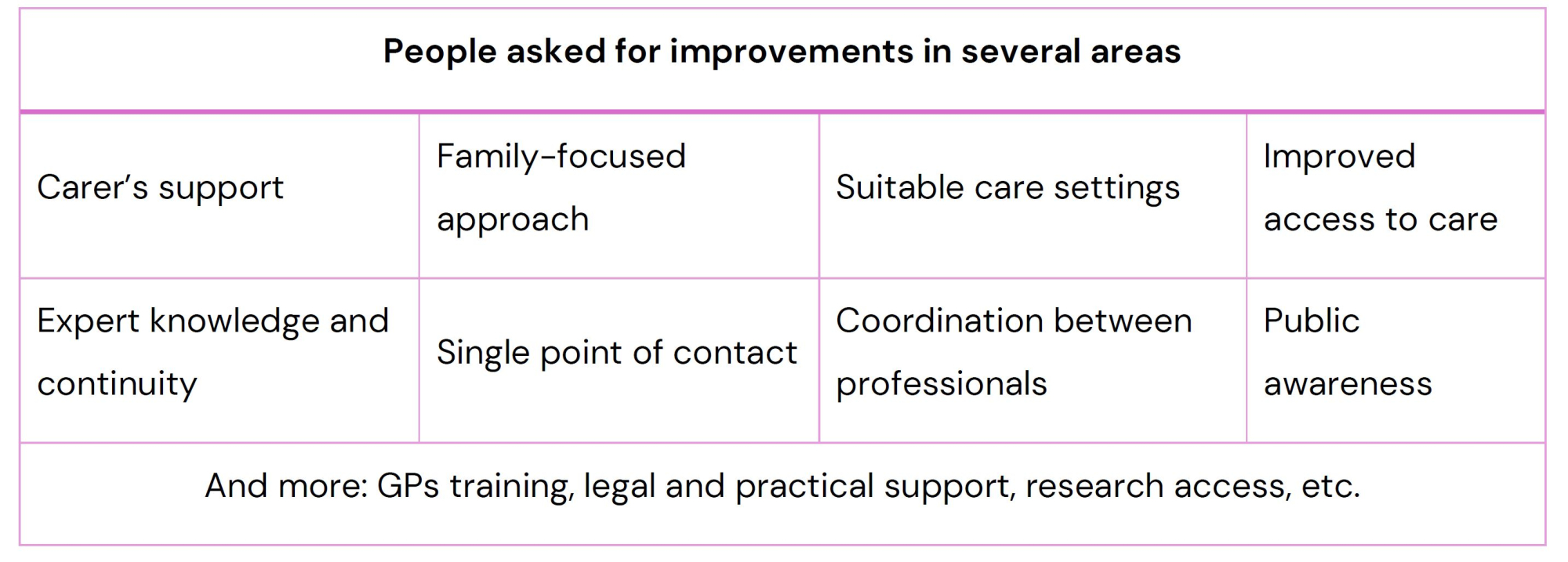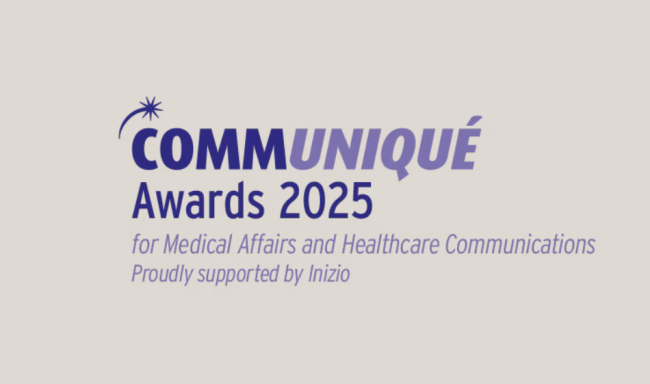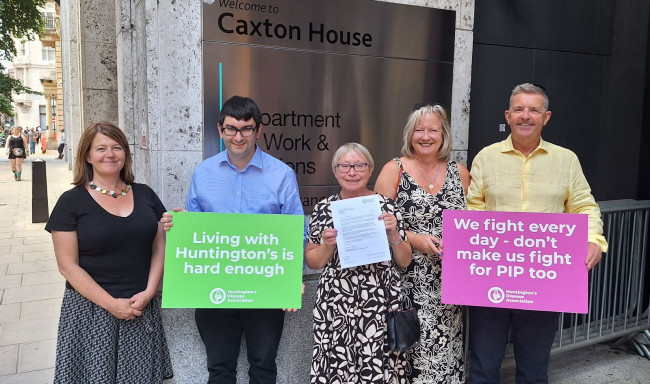In 2023, the Integrate-HD survey captured the voices of people affected by Huntington’s disease in England.
The study was conducted by Sandra Bartolomeu Pires, nurse PhD candidate at the University of Southampton. Healthcare professionals and family members from the Huntington's disease community participated in the study. A total of 153 participants took part, including people at risk, diagnosed, carers and former carers.
This research sought to understand how well health and care needs are met, and whether care is coordinated effectively. Designed with input from individuals with lived experience, the survey offers a clear view of the challenges faced by the community.
About Integrate-HD
Integrate-HD is the largest published survey about care involving people living with Huntington’s disease in England.
The survey shows that:
- People have serious unmet complex needs, particularly regarding mental health and social care
- Carers feel ignored and not cared for
- People report fragmented care
- There are geographical inequalities (post-code lottery) in health and care access
One participant summed up the frustration:
There doesn't seem to be any joined-up thinking or best practice. It is up to me to initiate anything we need.
What does “Good Care” look like?
Person-centred care
In the study, below is the definition of person-centred coordinated care:
“I can plan my care with people who work together to understand me and my carer(s), allow me control, and bring together services to achieve the outcomes important to me”. - National Voices (2013)
People were asked to rank how much their care experience matched this description. From all the groups, carers rated their experience the lowest, with an average score of 4 out of 10 (10 being the best experience).
Most participants (65%) gave a neutral or low score, indicating that their care is not person-centered.
Expert knowledge
The professionals more frequently mentioned as being involved in Huntington’s disease care were: general practitioners (GPs), neurologists, social workers and Huntington's charities.
Participants were asked if they found these professionals to be knowledgeable about Huntington's.
Although GPs and social workers were very involved in Huntington's care, people did not consider them to be knowledgeable about the disease. Conversely, neurologists and Huntington's charities showed a good balance between involvement in care and Huntington's knowledge.
Coordination
Although 90% of people said it was very important to have a professional coordinating their care, only 19% said to have access to such a professional. Care coordinators were identified in only 40% of the English counties.
Nearly half the care coordinators identified, worked as nurse specialists. People with access to a care coordinator reported a much better care experience.
Continuity
Although people felt it was important to see the same professional at every appointment, this rarely happened. Particularly in the case of GPs, most people said they never saw the same GP. Continuity improved in the case of neurologists.
The change and variety in health and care professionals caused duplication of information. Nearly 60% of people said they needed to repeat information to different professionals most of the time or always.
Most important care needs
Participants were asked what improvements they would like to see.

What next?
- A care coordinator can help navigate the “Huntington's care web” and improve people’s care experiences.
- Carers need formal recognition as part of the care workforce, with financial remuneration.
- Further research should test the impact of a Huntington's care coordinator, to understand their benefit and costs.
- An intervention that improves care for the Huntington's community is likely to have different strategies. The success of the intervention needs to be assessed from people’s perspectives.
- Integrate-HD provides important findings, showing the current standard of Huntington's disease care in England. This allows us to track progress and set the direction for future action.
Sandra has continued to gather evidence in how to provide better care for people living with Huntington's disease. She has completed interviews with service users and service providers. She has ran consensus workshops to get agreement on what matters to people and how to improve care for the Huntington's community.
We would like to sincerely thank you for taking part in the Integrate-HD survey.





